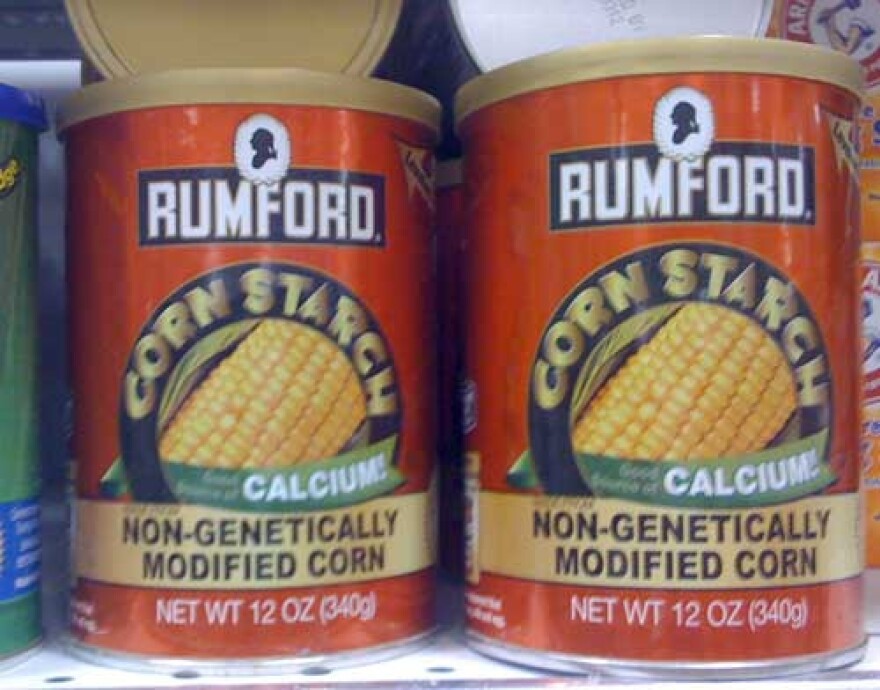More than a week after the election, backers of the measure to label genetically modified food finally conceded defeat – but promised they would be back in 2016. In the meantime, national efforts to label GMO foods continue.
Initiative 522 succeeded in the urban Puget Sound region, but failed in rural counties, in part because of an aggressive and expensive campaign to block the measure. The Grocery Manufacturers Association, Monsanto and Dupont were among top donors to the $22 million campaign that opposed labeling.
Todd Donovan, a professor of political science at Western Washington University, said for these out of state interests, I-522 had broader, national implications.
“It wasn’t just about Washington,” Donovan said. “It was about how is this issue going to play out in other states if Washington voters had approved this.”
Donovan said money allowed the No campaign to blitz the airwaves with ads and shift public opinion. In September, for example, polls showed 60 percent of Washingtonians supported labeling. But by October, that support was eroding.
Donovan said money allowed the No campaign to massage the message to appeal to voters who were inclined to support labeling. One of its main themes was that the measure was poorly written.
“Some of the messaging on the No side was, we should just do this a different way, or we should do it a better way,” Donovan said. “It’s hard to look at the vote total and say this is voters completely rejecting labeling, given that subtlety in the no campaign.”
In the wake of the defeat in Washington, Oregon is taking up the cause. Supporters there hope to put a measure on the ballot next fall.
But for now, labeling of food containing GMOs remains voluntary and largely confined to specialty stores. Whole Foods Market announced in March that it would label all products in their stores by 2018. It would be the first national grocery chain to label GMO products.
Dave Murphy, founder and executive director of the non-profit group Food Democracy Now, applauded the move. But he said he would like to see states pass labeling laws.
“I don’t want GMO labeling for the 1 percent,” Murphy said. “I want labeling of genetically engineered foods for every American.”
Murphy was part of the steering committee for I-522. He said the loss in Washington was disappointing but that he’s encouraged when he looks at the big picture. He pointed to activists working in 26 states to pass labeling legislation.
“Maine and Connecticut passed bills last year,” he said, adding that Vermont, New Hampshire, Massachusetts, New York, and Pennsylvania, could pass bills in the coming year.
For him, it’s a sign the national conversation on genetically engineered foods and labeling is just beginning.


